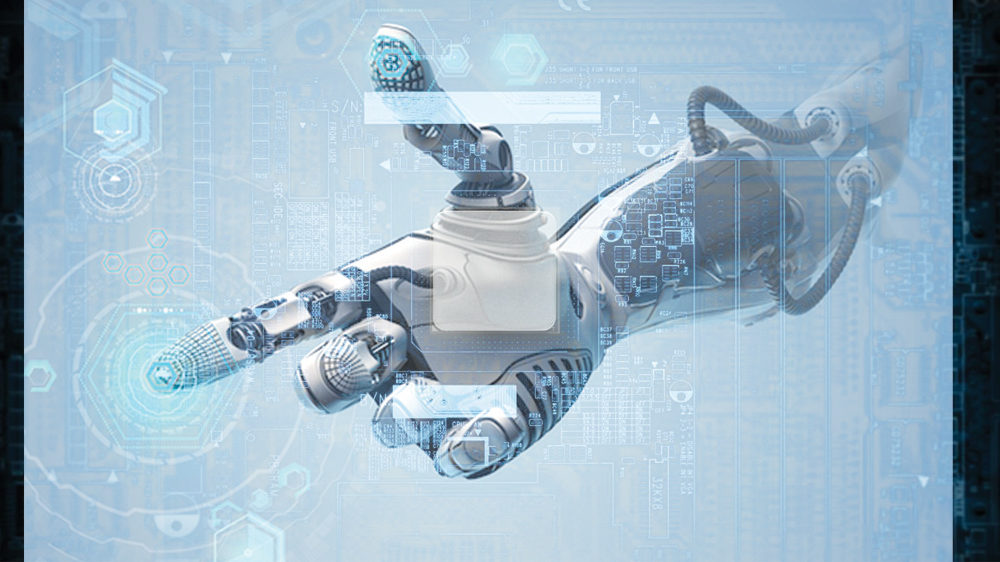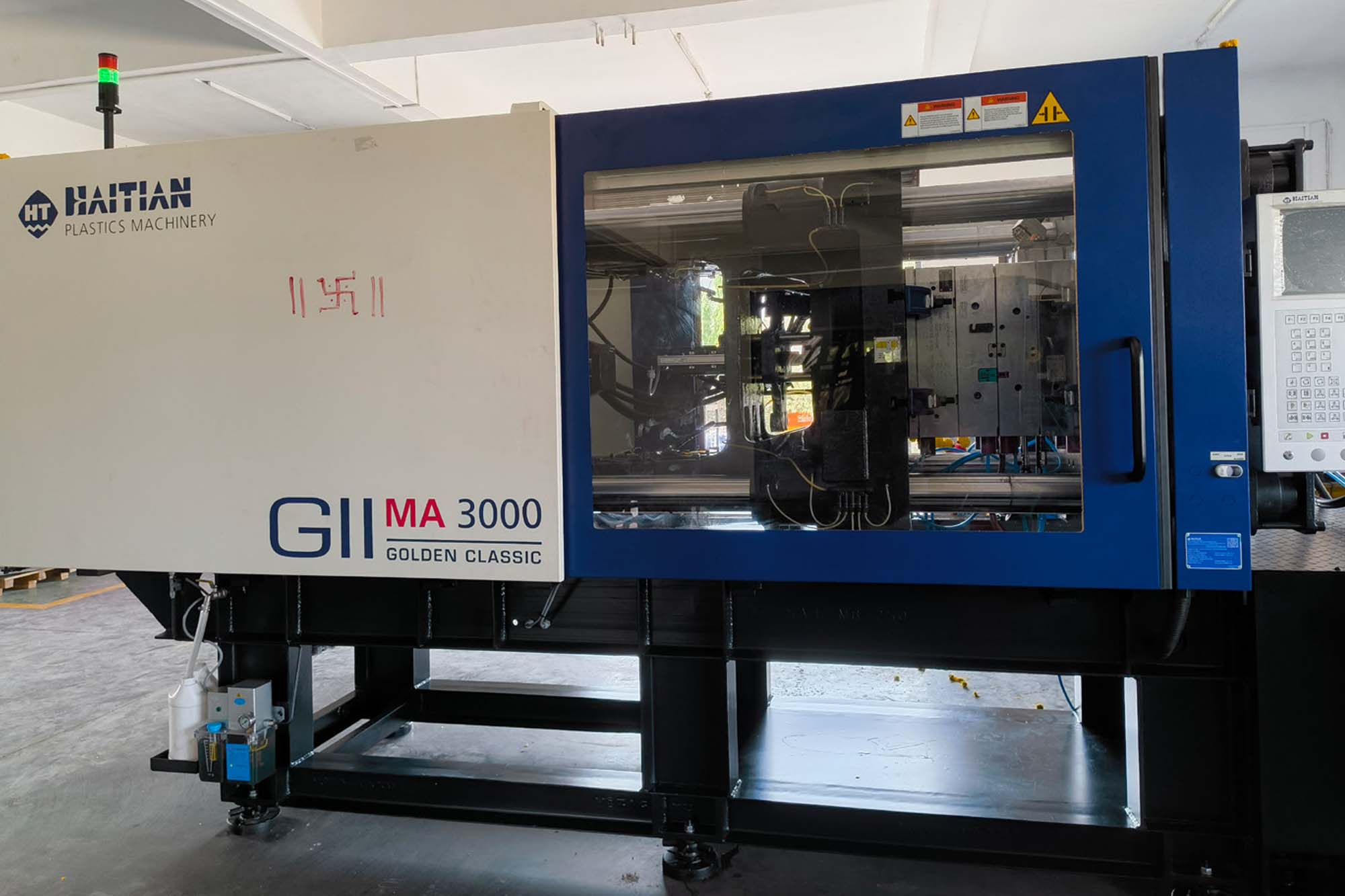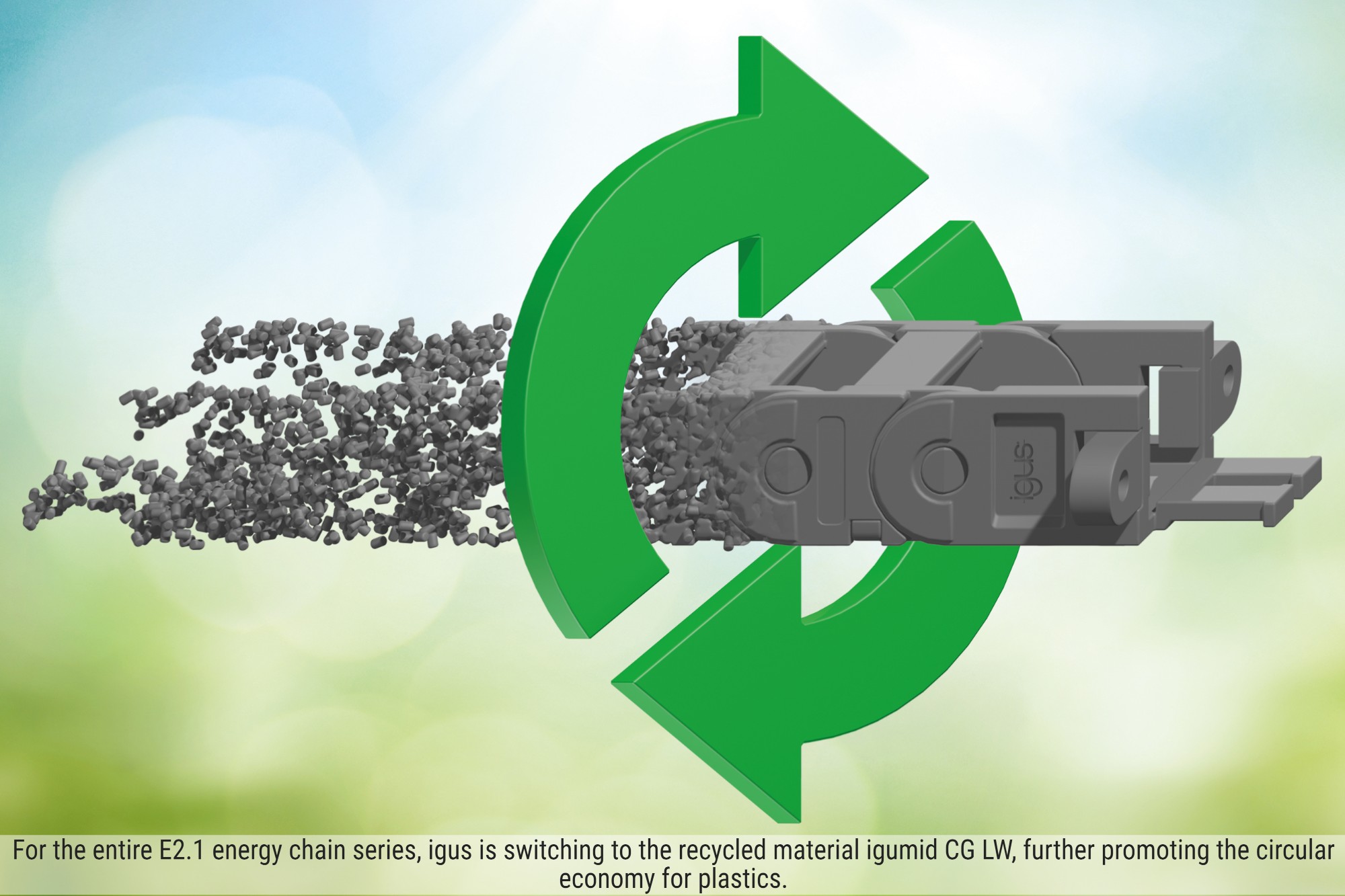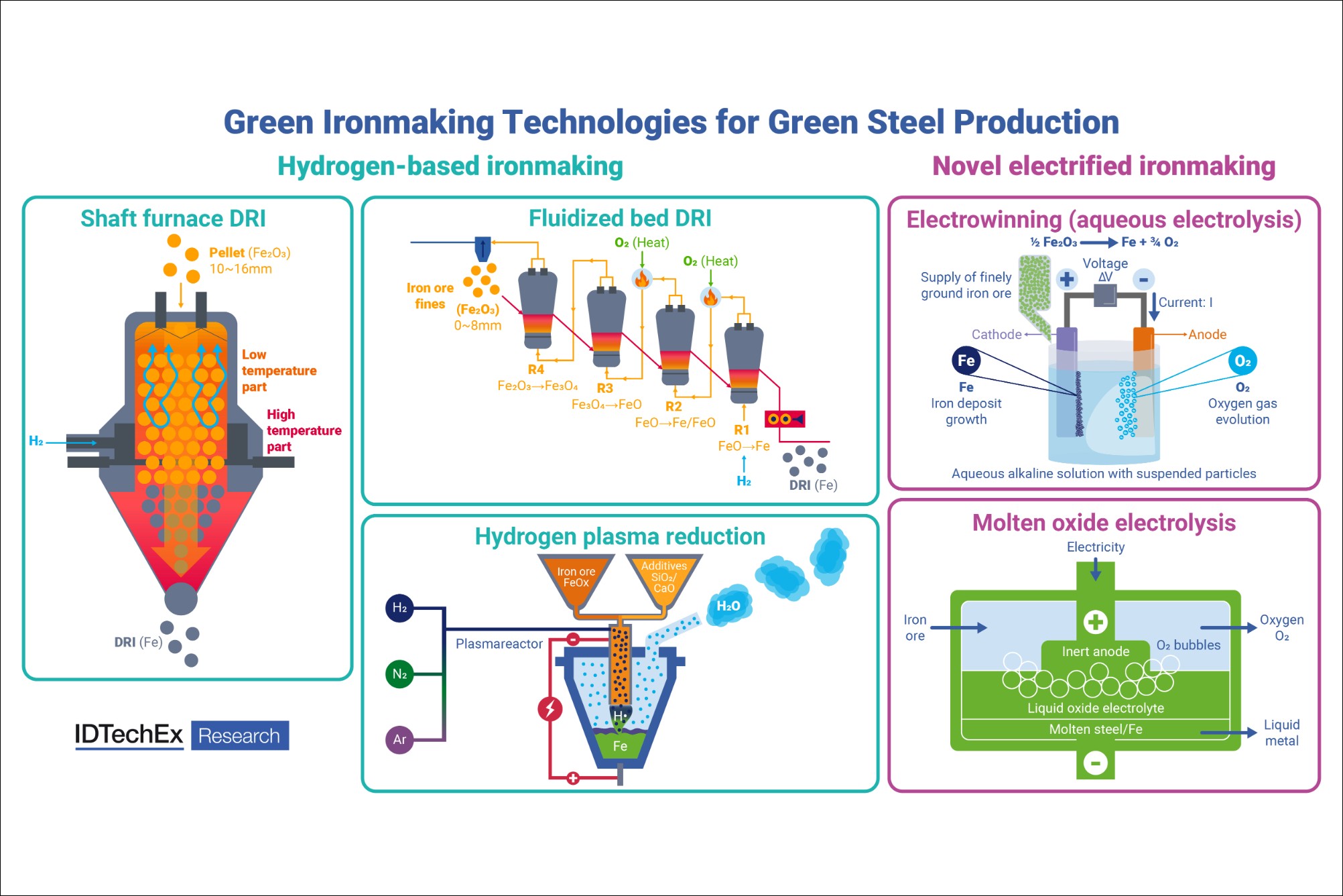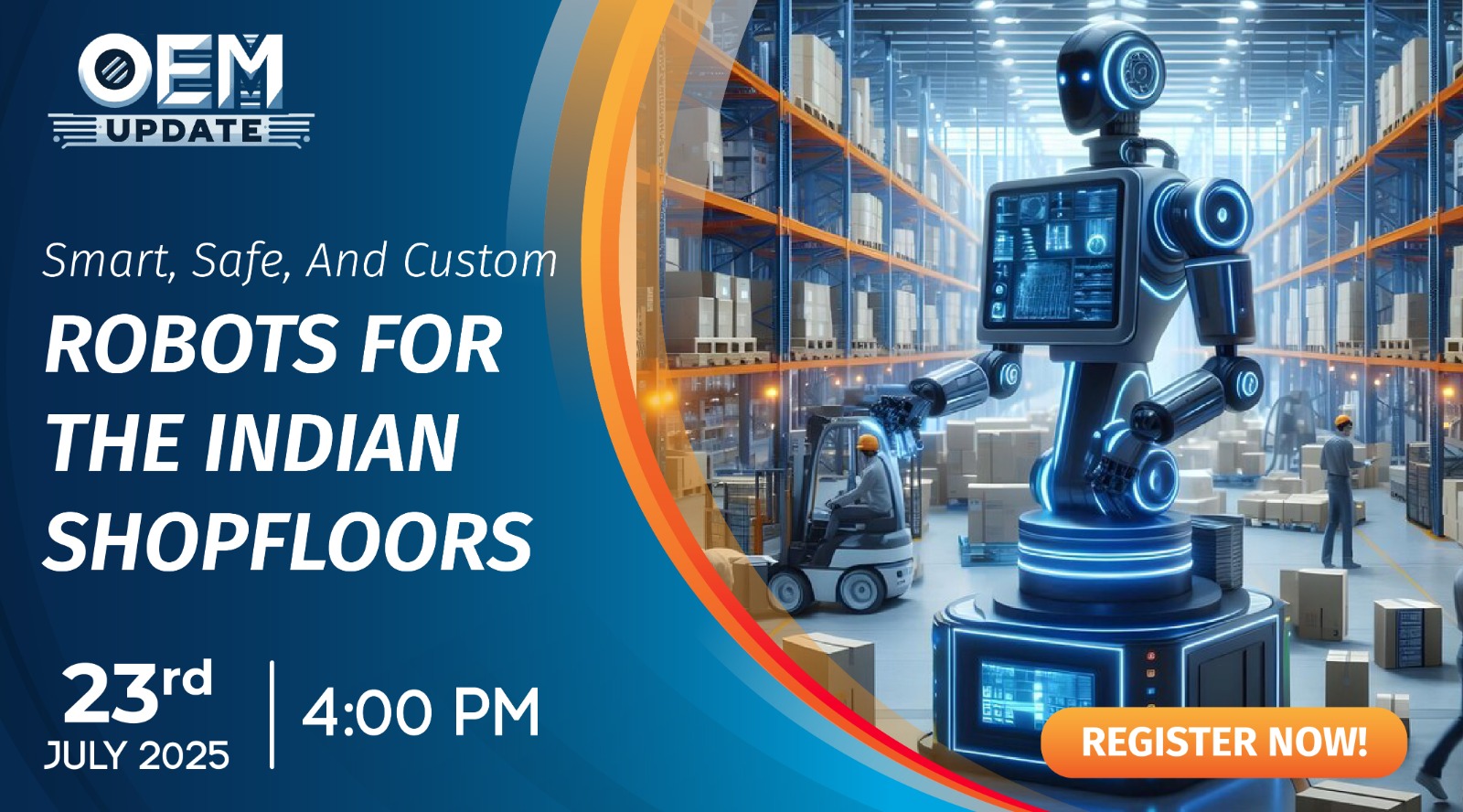Intelligent automation technology: Systems that ‘do-think-learn’
By OEM Update Editorial August 10, 2018 5:31 pm IST
Intelligent automation is the combination of Artificial Intelligence and automation. In the future, information and communication technology (ICT) and automation technology are expected to be fully integrated. Here, we present a report on industries’ approach towards intelligent automation.
Adoption of intelligent automation
Subsystems are networked and consolidated into one system
Meenu Singhal, VP Industry Business, Schneider Electric India informs, “All subsystems including non-producing ones such as R&D as well as sales partners, suppliers, OEMs and customers is networked and consolidated into one system. The digitalisation, automation and networking of processes encompass all functions, areas and segments of the manufacturing industry, including the economic (and macrosocial) action.”
Effective and cost-effective approach
The amount of technologies and solutions available in the market today for Industry 4.0 and digitisation are enormous and increasing exponentially. Being ready with Industry 4.0 is neither an overnight job nor inexpensive. The machine builders and factories need to be aware about this and plan their implementation strategies. To have effective and a cost-effective approach in adopting intelligent automation solutions, they need to identify their challenges and then base their strategies around these challenges. While doing this, it is wise to also focus on the low hanging fruits first. This has two fold benefits, it is easy and cost effective to move forward to implement, and it helps in boosting confidence in one’s first step towards implementation. The implementation can be also carried out in phases and once the benefits arising out of the first step are observed, the manufacturer can move to ones that are more ambitious. Thus, a systematic approach is needed to walk down the path of Industry 4.0, which is meticulously planned.
Ninad Deshpande, Head- Marketing, B&R Industrial Automation suggests, “Factories could focus on topics such as energy monitoring, predictive maintenance and field data acquisition in real-time that can be carried out in one system, rather than having multiple systems perform different actions. The implementation can be analysed over a period and then factories map the observed benefits comparing them against the perceived benefits. This also gives them a realistic picture of the current scenario of their shop floor. This also gives them a platform for optimising various processes on the shop floor making them more efficient.” On the contrary, machine builders need to evaluate next generation technologies for usage in their machines.Using open technologies and demanding support to open source technologies, which enables them achieve vertical and horizontal connectivity. Open source technologies such as OPC UA, MQTT, Ethernet POWERLINK and openSAFETY will help machine builders achieve vendor independence.
Defining intelligent automation
Amit Tiwari, Marketing Manager, WAGO Pvt Ltd explains, “Any intelligent automation adoption process starts with defining the current challenge or improvement areas that are required to be addressed along with defining the success measurement criteria. While defining the objective of automation, it is imperative to not just look at immediate business or operational need but to consider a desired business roadmap for future. Once the definition is clear, an assessment of technology intervention that balances the cost and need fulfilment has to be specified with clear timelines and milestones. While chalking out the system design, due attention should be given to the users of this technology.”
He adds, “Once there is a buy-in from all the relevant stakeholders, the automation system can be put for development and subsequent user group test before implementation. It is worthy to note that any system transformation prerequisites considerable attention to change management both technologically and people-wise.”
Vital to adapt emerging technologies
India being one of the most rapidly developing countries globally, the ambition to be able to support the vision of developing the country as the manufacturing hub of the world has brought the nation into the limelight. It is vital for the manufacturing sector to adapt emerging technologies and utilise the potential to the fullest. With massive disruption happening all around, the manufacturing sector is one of the most significant contributors to the growth of the country’s GDP.
Indian manufacturing landscape has adopted various methods to achieve operational excellence including going lean, total quality management, automating manufacturing systems, captive power generation, and alternative energy. According to Kiran Divekar, Director – DELMIA, Dassault Systemes, “Digital manufacturing has emerged as an important tool to cut costs, maintain productivity and achieve manufacturing excellence. With increased adoption of digital manufacturing, the dream of making the shop floor a digitally sound place has come closer to reality. Technology, today, has enabled companies to develop capabilities to design and test every aspect of the product or service virtually, thereby elevating the quality of the services in a cost efficient and precise manner.”
Enriched and humanised production lines
Varun Arora, National Sales Manager, Exor India Pvt Ltd, believes, “As machines are becoming smarter, the work in production lines will be enriched and humanised. Simple manual tasks will disappear. Workers will become coordinators who ensure a smooth production and only intervene when a machine calls for action. Flexibility will be a key success factor. Workers will be assigned where help is needed. This will place higher demands in terms of managing complexity, problem-solving and self-organisation, but also allow the work force to become more flexible.” Fixed shifts per day will be complemented by dynamic and self-organised capacity planning that takes employees’ preferences into consideration. This will improve the life-work-balance of all employees and allow shorter response time to a changed order situation.
Reducing human interference
In light of evolving customer expectation, disruptive technologies and the desire to stay ahead of the competition, organisations across industries are continuously adopting digital transformation at a rapid pace. But an element to note here is that with increase in digital transformation, the threat surrounding the data are multiplying manifold. Manish Walia, Head, Industrial Automation Business Group, Delta Electronics India Pvt. Ltd observes, “As industries are investing colossal amount in their business infrastructure, they cannot afford to get their system exposed to threats. Therefore, industries you should adopt intelligent automation that not only supports them to enhance their customer experience but at the same time reduces human interference and allow business leaders to focus on much more important tasks than the mundane work they look after.”
He adds, “Industries should adopt autonomous cloud solutions which will help them to establish intelligent automation in house. Through this, industries can cut down the labour, increase the value and productivity of the workforce and make the day-to-day tasks easier for business.”
Steps to adopt intelligent automation
Sanjay Kulkarni, MD, Pilz India Pvt Ltd says “We have to first identify areas where change needs to be adopted depending upon the industry. Then we have to design the innovative automation solutions using appropriate technology. After these,trials have to be started to make sure that the system is helping us achieve the goal that was set up for the industry and then bring it into production. Overall we have to make sure that the artificial automation technology is enhancing the production along with keeping machines, staff and investment safe. It should also be a scalar and reliable solution which keeps the data secure.”
Intelligent automation: Source of competitive advantage
Intelligent automation-Connected factory
Until today, factories were islands of automation and machines were unable to communicate with each other. Today, with Industry 4.0, manufacturing is looking at intelligent automation for providing a seamlessly connected factory. Deshpande opines, “A ‘me too’ device or solution is no longer intriguing and competing on prices is no longer exciting for manufacturers. Everyone is looking for vendors to offer a technology and service differentiation rather than price differentiation. Due to fierce competitions in all industries, everyone is trying to achieve technological edge to become market leader. These intelligent automation solutions act as enablers helping manufacturers gain a competitive advantage.”
Various technologies and solutions are up for grabs such as digital twin, open connectivity, energy monitoring, predictive maintenance, remote diagnostics, data acquisition, cybersecurity and much more. Implementation of such next generation technologies definitely provides a technology differentiation to customers, which they can pass on to their customers.
Human error reduction and higher operational efficiencies
Initiatives taken to change business practicesThe advent of digitisation has significantly altered the manufacturing sector. With the advent of ‘smart manufacturing’ and technologies such as Internet of Things (IoT), 3D Printing, operations management and Artificial Intelligence companies are taking initiatives to change their business practices leveraging technology-led solutions in a data-driven economy. The digital transformation is the way forward for the Indian economy. Divekar informs, “We have been pushing the envelope with respect to 3D implications in various industry verticals such as aerospace and defence, automotive, industrial equipment, hi-tech, consumer goods, life sciences, engineering, construction. The emerging 3D Printing technologies will disrupt the traditional industrial manufacturing economies in India especially at a time when the government is focusing on improving its manufacturing output from the current level of 16 per cent to 25 per cent of its gross domestic product (GDP).”
Gaining competitive advantage
Sameer Gandhi, MD, Omron Automation India suggests, “For gaining competitive advantage, a manufacturer has to achieve certain standards of productivity, quality, safety, flexibility, accuracy, efficiency, etc. and the quest for these milestones is dynamic. It keeps changing, real time, as per the current trends and demands of the market. Automation helps the manufacturer in producing at the right quality, high productivity, greater accuracy and with safety and hence gains a competitive advantage.”
Industry 4.0: Solutions to the challenges
Arora explains, “Generating profit and realising growth have to be put into a more long-term perspective, for example, by finding ways to cope with constraints on energy, resources, environment, and social and economic impacts. Industry 4.0 can help to find solutions to these challenges. If it is smart and innovative, production can reduce energy consumption, help companies to sustain their business with existing and new business models and use new technologies to produce all over the world (even at high cost locations) close to the markets and at the tact of the workers.”
Edge over competitors
Kulkarni informs, “End-to-end intelligent automation means better interaction of people by advanced technologies which mean businesses will be able to address customer requirements better rather than spending time on operational issues. At the same time, business benefits from better efficiency, more visibility, higher quality and greater regulatory compliance. Better client treatment, strong operations and product availability gives companies edge over competitors.”
Major advantages of intelligent automation
Organisations across industries are moving towards artificial intelligence and automation; thus, landing in the lap of intelligent automation. Walia observers, “Intelligent automation is changing the way business is done in nearly every sector of the economy be it FMCG, insurance or the healthcare sector. Intelligent automation sense and synthesize vast amount of information and automate the entire processes. Along with this, intelligent automation applications set new standards of quality, efficiency, speed, and functionality that organisations successfully employ in their business operations. This helps organisation to efficiently serve their customers, meeting all their expectations and stay ahead of the competition. Intelligent automation also allows organisations to increase efficiency, improve quality and reduce the additional operational costs.”
All subsystems including non-producing ones such as R&D as well as sales partners, suppliers, OEMs and customers is networked and consolidated into one system.
Meenu Singhal, VP Industry Business, Schneider Electric India
Intelligent automation solutions act as enablers helping manufacturers gain a competitive advantage.
Ninad Deshpande, Head- Marketing, B&R Industrial Automation
Machine automation will give way to the cognitive automation where machines could learn or unlearn based on predictive analysis and Artificial Intelligence.
Amit Tiwari, Marketing Manager, WAGO Pvt Ltd
Digital manufacturing has emerged as an important tool to cut costs, maintain productivity and achieve manufacturing excellence.
Kiran Divekar, Director – DELMIA, Dassault Systemes
As machines are becoming smarter, the work in production lines will be enriched and humanised.
Varun Arora, National Sales Manager, Exor India Pvt Ltd
Intelligent automation sense and synthesize vast amount of information and automate the entire processes.
Manish Walia, Head, Industrial Automation Business Group, Delta Electronics India Pvt. Ltd
Better client treatment, strong operations and product availability gives companies edge over competitors.
Sanjay Kulkarni, MD, Pilz India Pvt Ltd
Automation helps the manufacturer in producing at the right quality, high productivity, greater accuracy and with safety and hence gains a competitive advantage.
Sameer Gandhi, MD, Omron Automation India
Cookie Consent
We use cookies to personalize your experience. By continuing to visit this website you agree to our Terms & Conditions, Privacy Policy and Cookie Policy.




